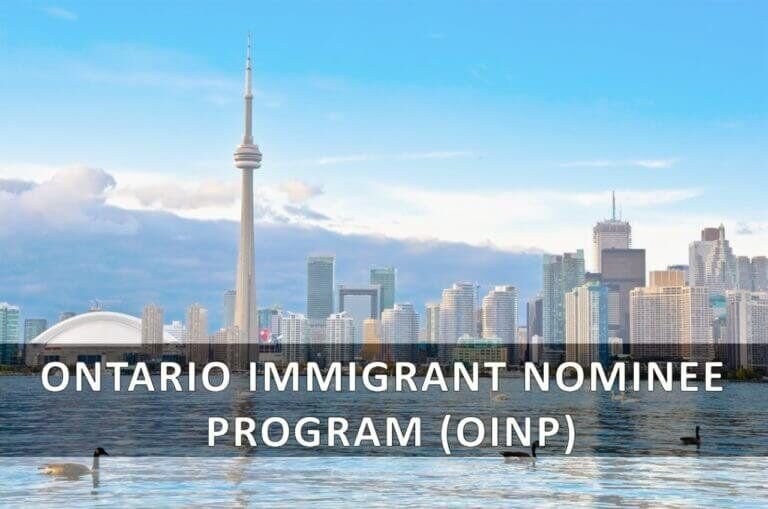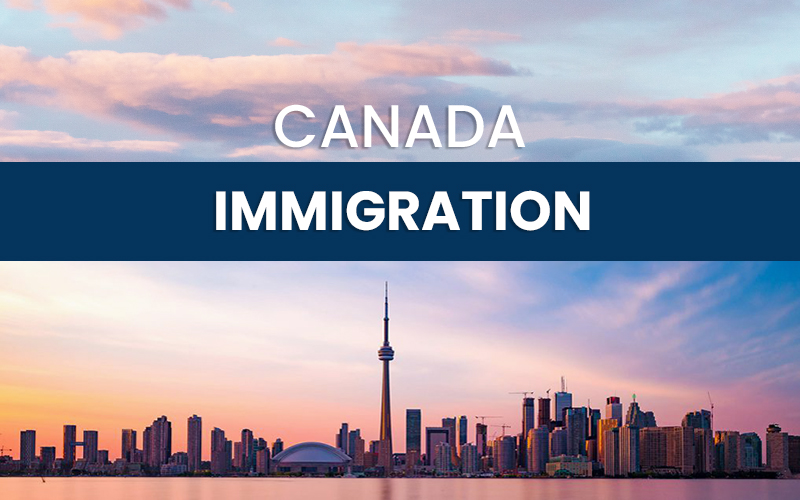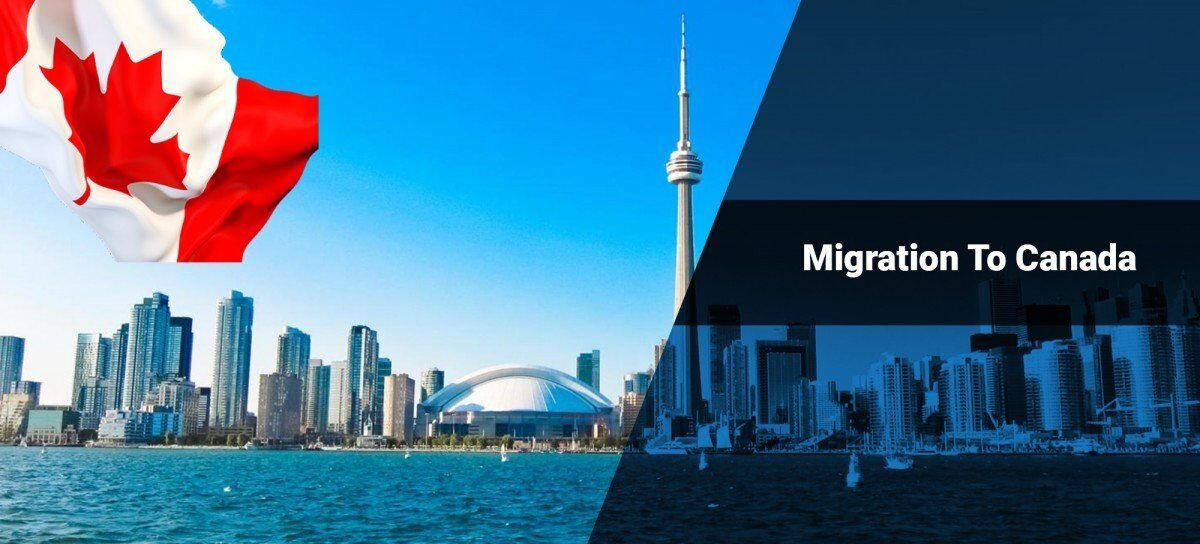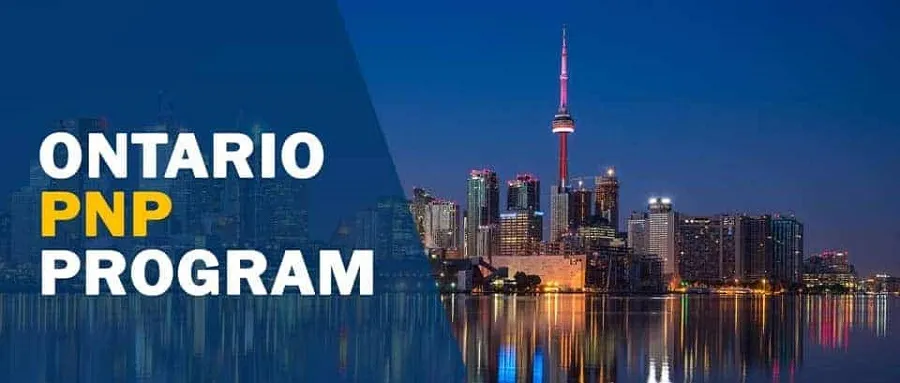- November 27, 2022
- Admin
- 1
Canada is one of the top destinations for foreigners to migrate to. There are many reasons why Canada offers a fantastic quality of life for immigrants and ex-pats. This includes excellent healthcare, low crime rates, and friendly people who speak English or French. If you’re thinking about moving to Canada, here’s what you need to know to get a job successfully:
Table of Contents
TogglePick a part of Canada you want to live in
- Pick a part of Canada you want to live in.
- Do your research.
- Your family is an integral part of your life, so consider where they are located and what their proximity to you will be like. Will you be able to visit them often? If not, this could be worth considering when deciding where in Canada to live.
- Be sure the city has a good job market and quality of life for yourself and future family members (if applicable).
- The climate should also be considered when choosing a place within Canada that would be conducive for raising children or enjoying retirement with loved ones.
Learn about the labour market.
So, you want to make Canada your home. Great! But before you do, it’s essential to understand the labor market: what jobs are most popular in Canada, and what are their salaries?
As an immigrant, one of your goals is likely finding a job that pays well—and you won’t be alone in this desire. In fact, according to Statistics Canada’s 2016 Canadian Income Survey (CIS), nearly half of all Canadians aged 25-54 reported being satisfied with their work-life balance, and only one-fifth said they were dissatisfied. Additionally, 70 percent said they enjoyed their jobs or liked them overall; 23 percent weren’t sure how much they liked it, and 7 percent didn’t like their current position.1
Decide on a profession.
After establishing your goals and skills in Canada, it is time to decide on a profession that matches your needs. The following are some factors you should consider when choosing a career:
- A profession that is in demand. For example, if there is a high demand for nurses in Canada, it would be wise to pursue nursing as one of your professions since this will give you an edge over other applicants who may not be as qualified as you are.
- A profession that matches your skillset and interests. If the job requires specific specialized knowledge or skills, then make sure that these requirements match up with your abilities so that there are no surprises during the interview process!
- A profession where you enjoy working every day; otherwise, why would anyone want to go to work every day? Your job should provide enough enjoyment so as not only to challenge but also inspire those around them, which will ultimately lead them toward success!
Learn French or English.
One of the most important things to know is that Canada is bilingual. The official language of Canada is English, but French is spoken by 22% of the population.
Knowing how to speak French and English can give you an edge in your job search. For example, if you’re applying for a job teaching at a university or college in Quebec, you must demonstrate that you know French fluently. This will also be true if you’re applying for work in businesses or industries with many Francophones in Quebec, such as media and advertising agencies, tourism companies, etc.
Suppose this isn’t something that interests you and where opportunities may not exist for someone who doesn’t speak French fluently. In that case, learning about another field may be better suited instead, such as accounting or architecture, which tend towards less bilingualism, say an educational institution would require from its employees because their students need to learn English too, so they don’t get behind while taking classes there.
Choose the right job search platform.
The first step to finding a job in Canada is using the right resources.
Job search platforms are unique because they help you find jobs, apply, and prepare for interviews.
The best way to find a job in Canada is with a job search platform like Indeed. It’s easy to see why: these sites offer comprehensive listings of available positions across the country and provide valuable advice on making yourself stand out from the crowd when it comes time for that extensive interview!
Prepare your resume and cover letter.
- A resume is a document that details your professional background, including career highlights and education. It’s often used when applying for a job, but it can also be helpful if you want to change careers or move up in your current workplace.
- A cover letter is an introduction of yourself that will go along with your resume. It should be written to complement the content and tone of your resume and show why you are interested in the position at hand. The cover letter will explain how you fit into the company culture and how you could add value to the organization.
- You should include specific examples about how you have applied what was taught in school or gained through experience on past jobs and internships on both documents.
Apply for jobs while attending networking events
Networking is the best way to find jobs in Canada. You can make connections with people who have the power to hire you and also get access to job opportunities that might not have been available otherwise.
When you attend networking events, don’t just stand around and wait for people to approach you. Make sure that at least two of your business cards are on display so that other attendees know they can reach out if they want your help or advice regarding a career move.
Follow up after every networking event by sending a thank-you note within 24 hours of meeting someone new (this should be done via email). You should also follow up with an updated copy of your resume once per month on the anniversary date of each interaction (again, this should be done via email).
You’ll need a work permit if:
- You’re applying for full-time work or training programs lasting longer than six months in length;
- Your employer wants to hire you as an employee; and
- If there are no Canadian citizens or permanent residents available for the position
Apply for a post-graduation work permit.
- Apply for a post-graduation work permit. The first step to getting a job in Canada after your studies are applying for a post-graduation work permit. If you have already graduated from an accredited program of study at an eligible institution, you should be able to apply for this work authorization before you leave your program. You can use it either online or by mail; the latter option requires that you complete form IRCC 6009 (Application for Post-Graduation Work Permit).
- Find an employer who will sponsor your application. Once you’ve applied, it’s time to find an employer to support your application and get you started on citizenship! Your employment offer must be based on full-time employment (at least 30 hours per week). Still, part-time work may also qualify if it meets specific requirements outlined on Canadian Immigration Services’ website.
Apply for permanent residence status.
Applying for permanent residence status:
- You can apply for permanent residence status if you have a job offer from an employer in Canada or are eligible to work in Canada through the Canadian Experience Class (CEC).
- If you want to live permanently in Canada and are not eligible under any other category of the Immigration and Refugee Protection Act (IRPA), then you must apply for Canadian citizenship and wait at least three years after becoming a citizen before applying for one of these programs: Post-Graduation Work Permit Program; Temporary Work Permit Program; Student Work Permit Program; Visitor Record Program; Open Work Permit Program.
Following these steps will get you to Canadian citizenship fast!
Your first step should be to find a job.
The next thing you have to do is make money.
It would be best if you also had a place to live in Canada (an apartment or house).
You will need a SIN number, which you can get by applying for it online or going down to the Service Canada office nearest you. You’ll need your passport, photo ID, and proof of residency in Canada, like a rental agreement or utility bill with your name on it (or something else showing evidence that you live there).
They’ll ask for all personal information, such as previous addresses, so be prepared! You also have options if English isn’t your native language: French translation services are available if needed during this process; however, applicants must still fill out forms ultimately themselves using pen/paper due to privacy concerns regarding electronic versions containing sensitive personal information being sent over electronic channels without encryption protection measures being implemented first before sending anything back out again later downline into other networks where hackers could potentially access any data files containing sensitive information about someone else’s identity which might lead them right back here again someday soon too.”
Why Canada?
Canada is a great place to live. The country has a strong economy, is safe and secure, and has a sound education system, healthcare system, environment, and quality of life.
Canada has been ranked the best place in the world for immigrants by several publications, including The Economist Intelligence Unit and United Nations Development Programme (UNDP). In addition to this, it was also ranked number 1 in the UN Human Development Index 2016 report, which looked at factors like life expectancy at birth (81 years), expected years of schooling (17), mean years of schooling (12), and gross national income per capita ($55 623).
Canada’s economy continues to thrive with low unemployment rates across most provinces – especially Alberta, which boasts an unemployment rate of 5.8%.
Conclusion
Canada is a beautiful country with a vibrant culture. The people are friendly, welcoming, and helpful. The economy is booming, plenty of jobs are available, and the cost of living is lower than in other countries in North America.


























